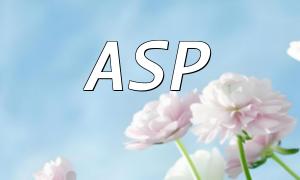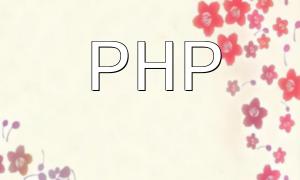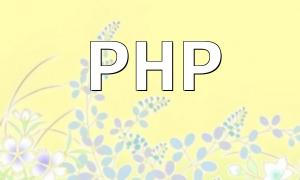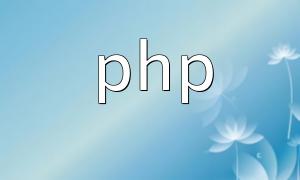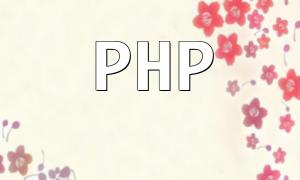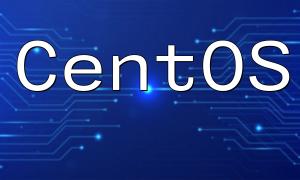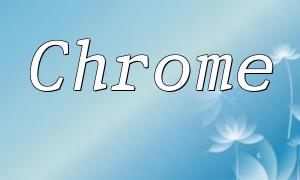In modern web development, PHP listeners are a powerful tool for efficiently handling events and data flows. Whether responding to user requests or monitoring system states, PHP listeners make developers' work more efficient. This article explores the definition of PHP listeners, how they work, and how to implement them in real-world applications.
PHP listeners are pieces of PHP code that execute when specific events occur. They can listen for various events, such as user logins, file uploads, or database changes. By configuring different listeners, developers can make applications automatically respond to these events, improving system flexibility and responsiveness.
PHP listeners are typically registered during the application's lifecycle and are triggered when an event occurs. The general workflow is as follows:
The code above shows that the EventListener class listens for a specific event and calls the handleEvent method when the event occurs. This pattern makes the application structure clearer and easier to maintain.
Creating PHP listeners involves a few steps:
Here’s a simple example that demonstrates how to create and register a PHP listener:
In this example, when a user registration event occurs, the handle method of the SendWelcomeEmail class is called to send a welcome email.
Here are some best practices to follow when using PHP listeners:
If event handling takes a long time, consider using asynchronous processing. This can be achieved with a queue system, preventing the main application process from being blocked.
Ensure that event and listener names are clear and descriptive. This will improve code readability and maintainability.
It’s important to log the execution of events in the listeners. This helps with troubleshooting and monitoring system performance.
PHP listeners are an essential part of modern web development, enabling developers to efficiently respond to various events. By using listeners appropriately, developers can enhance system flexibility and improve user experience. Following best practices will make event handling more efficient and maintainable.
